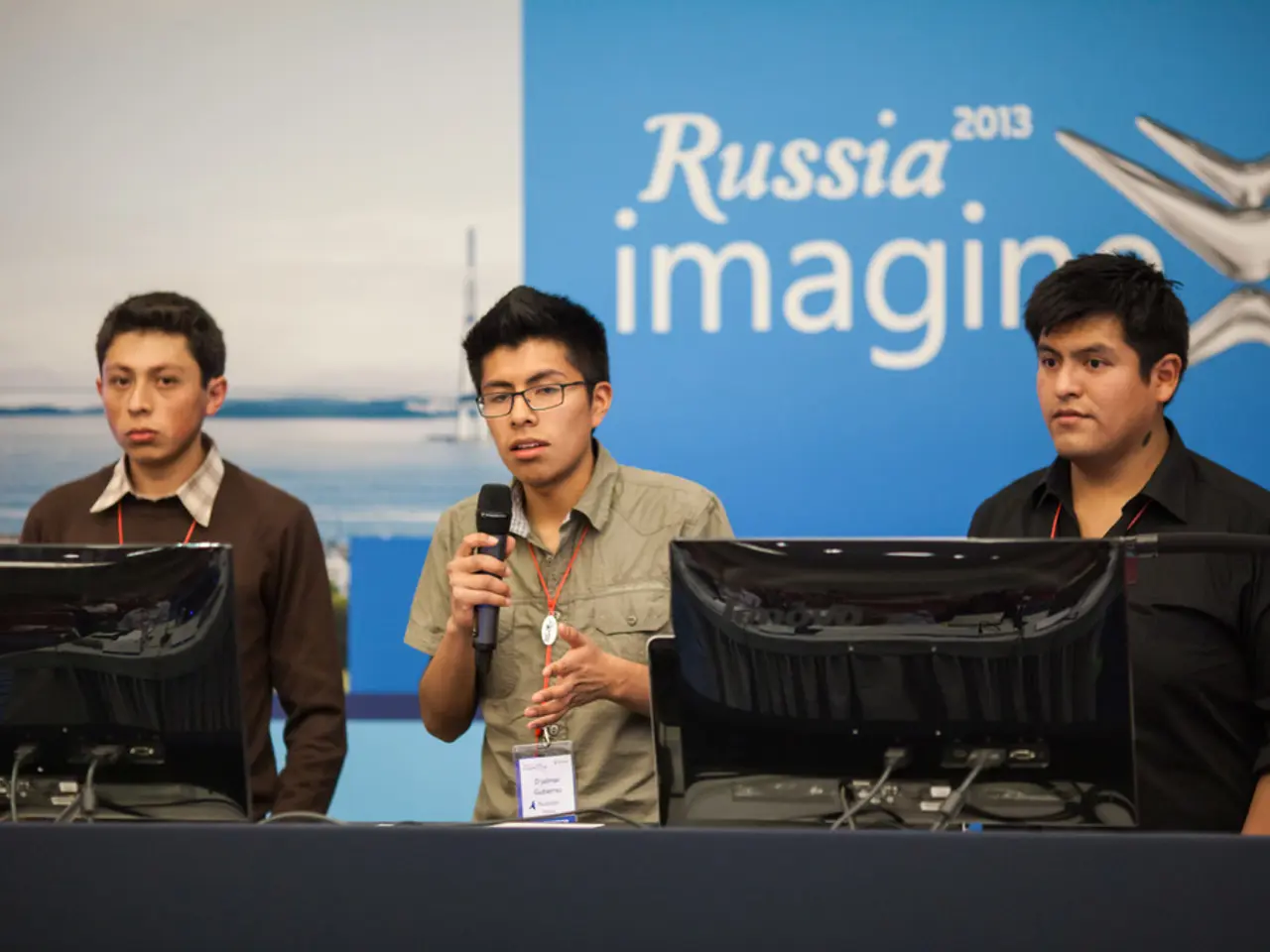Age Verification through Biometrics to become standard in Vending Machines this Summer
Biometric age verification technologies are making their way into retail and vending machines across Russia, with a focus on confirming a buyer’s age for restricted products such as alcohol or tobacco.
Timeline in Russia
Russia has been progressively implementing biometric solutions in public and commercial services, including age verification. Trials and initial rollouts of biometric systems in retail environments, including vending machines, have accelerated since the early 2020s, aligned with broader national digital identity initiatives. By 2025, some vendors in Russia have started integrating biometric age verification in vending machines, especially for high-risk products, though widespread adoption is still evolving.
Costs
Implementing biometric age verification in vending machines involves several costs:
- Hardware (cameras or fingerprint sensors): Depending on quality, costs range from several hundred to a few thousand USD per unit.
- Software licensing and integration fees: These vary widely based on the vendor and complexity, potentially adding thousands to tens of thousands USD for large networks.
- Maintenance and data management: Ongoing operational costs include software updates, cybersecurity measures, and regulatory compliance.
Overall, retrofitting vending machines in a retail network can be a sizeable investment, often justified by regulatory requirements or efforts to minimize underage sales liability.
Privacy and Security Concerns
Privacy
Collecting biometric data raises strong concerns in Russia, as in other countries, due to potential misuse or unauthorized sharing of sensitive personal information. Russian laws, such as the Federal Law on Personal Data, regulate collection, storage, and processing of biometric data, requiring informed consent and secure handling.
Security
Biometric systems must be resistant to spoofing, hacking, or data breaches. Improper safeguards could expose users to identity theft or illegal surveillance. Public skepticism and legal scrutiny often influence the pace and extent of biometric deployment in retail.
Despite these concerns, the rollout of biometric age verification in vending machines in Russia is expected to continue, with potential benefits in minimizing underage sales and improving overall security in retail environments. However, for more precise data on vendors, deployment projects, or legal updates in Russia, specialized reports or government publications would need to be consulted, as such detailed specifics are not present in the current search results.
In the progression of implementing biometric solutions, the industry in Russia has observed an increase in the use of biometric age verification technologies in retail environments, including vending machines. This expansion is led by the finance sector, with a focus on confirming a buyer’s age for restricted products, as part of data-and-cloud-computing initiatives and broader national digital identity strategies.
The growing adoption of biometric age verification in vending machines is supported by technology advancements, such as the development of secure hardware for cameras or fingerprint sensors. However, privacy and security concerns persist, as the collection and management of biometric data requires substantial investment in adhering to regulatory compliance, cybersecurity measures, and maintaining user trust in the technology.




